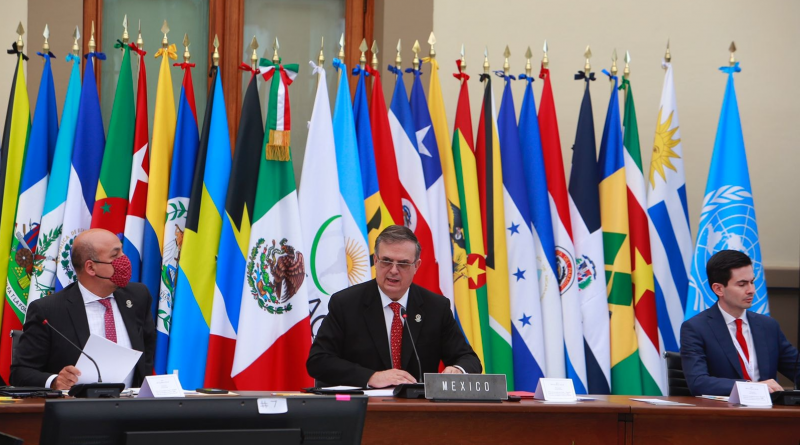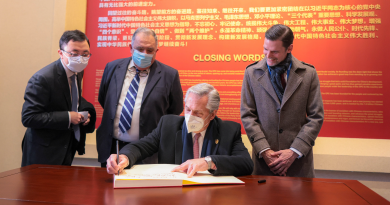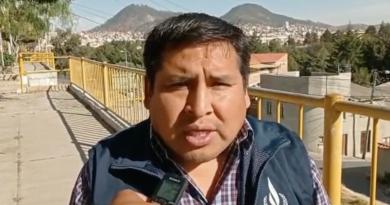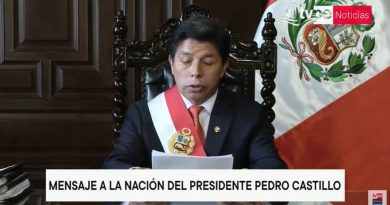Goodbye OAS? CELAC Summit to Decide Fate of OAS
The fate of the Organization of American States (OAS) will be discussed at the upcoming summit of the Community of Latin American and Caribbean States (CELAC).
In a press conference at Mexico’s embassy in Washington DC on Thursday, Mexico’s Foreign Minister Marcelo Ebrard said that the issue of whether to replace or reform what has become known as the U.S. “Ministry of Colonies” will be addressed at the VI Summit:
“Regarding the [Organization of] American States, there will be a summit of the Community of Latin American and Caribbean States (CELAC) in Mexico City on September 18. We have already confirmed the participation of all the countries. Most of them will be Presidents or Heads of State and in other cases, the Foreign Ministers or corresponding Ministers.”
“A central issue is that we have to prepare for 2022 the proposal that we are going to make to the United States and Canada on what would be the different future of the Organization of American States. Would it be replaced by another organization? What features would it have, how would it function? That will take place on September 18,” stated Ebrard.
Mexico, which holds the Pro Tempore Presidency of CELAC, has repeatedly criticized the OAS under the direction of Secretary General Luis Almagro who has utilized the organization to advance United States interests throughout Latin America and the Caribbean.
Foreign Minister Ebrard says the final proposal is expected to be presented to U.S. and Canada during the first half of 2022. The U.S. and Canada are both members of the OAS and do not belong to CELAC.
Back In July, President of Mexico, Andrés Manuel López Obrador, announced that they were seeking to design a plan to replace the OAS with a “truly autonomous body” which would not be anyone’s “lackey”.
The governments of Bolivia, Venezuela, and Argentina have been among those in support of the move. The Presidents of Mexico and Argentina even signed a joint declaration in February, warning of the danger of the OAS as demonstrated through the events of Bolivia’s 2019 electoral process and coup, in addition to other interventionist actions. Colombia has already rejected the proposal to reconfigure or replace the OAS, expressing a desire for closer relations with the U.S. and Canada.
More:
We recently spoke with Bolivia’s Foreign Minister, Rogelio Mayta, who is leading the charge for a more democratic process of regional integration as Bolivia raises its voice against Almagro for his role in the 2019 coup and his wider political actions. (Read the interview here)
Bolivia’s Foreign Minister Rails Against Almagro’s Disastrous Leadership at the August 25th extraordinary session of the OAS Permanent Council, with the presence of Luis Almagro. (Read the statement here)



